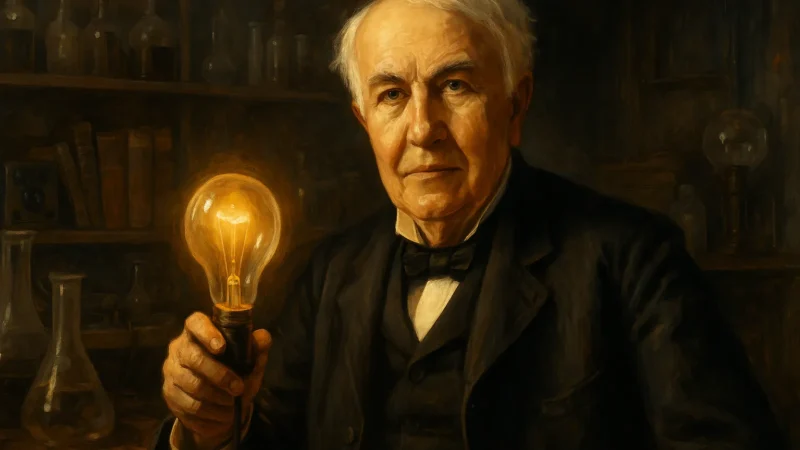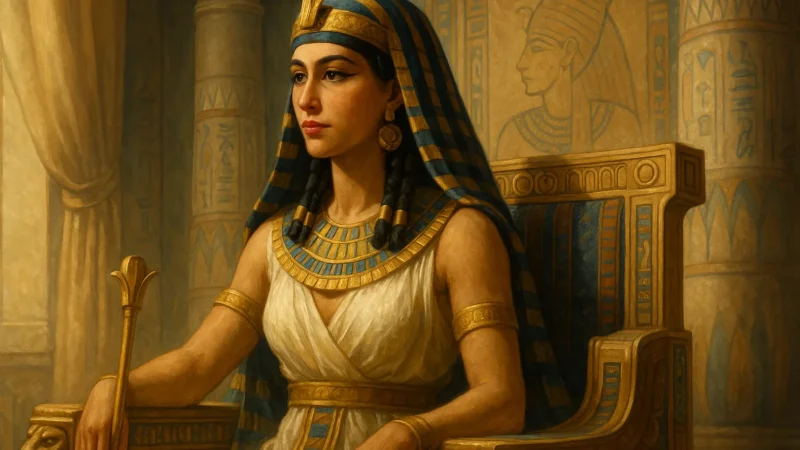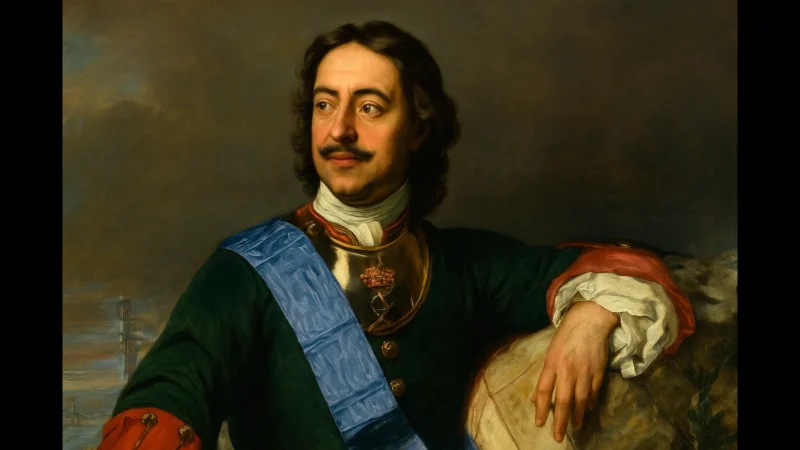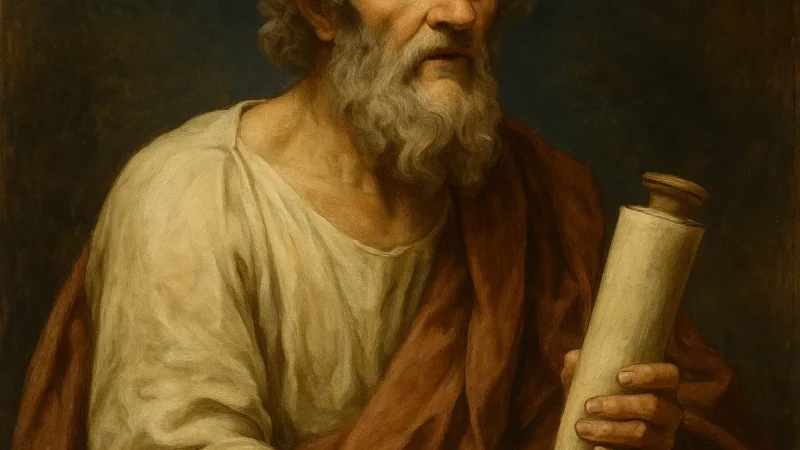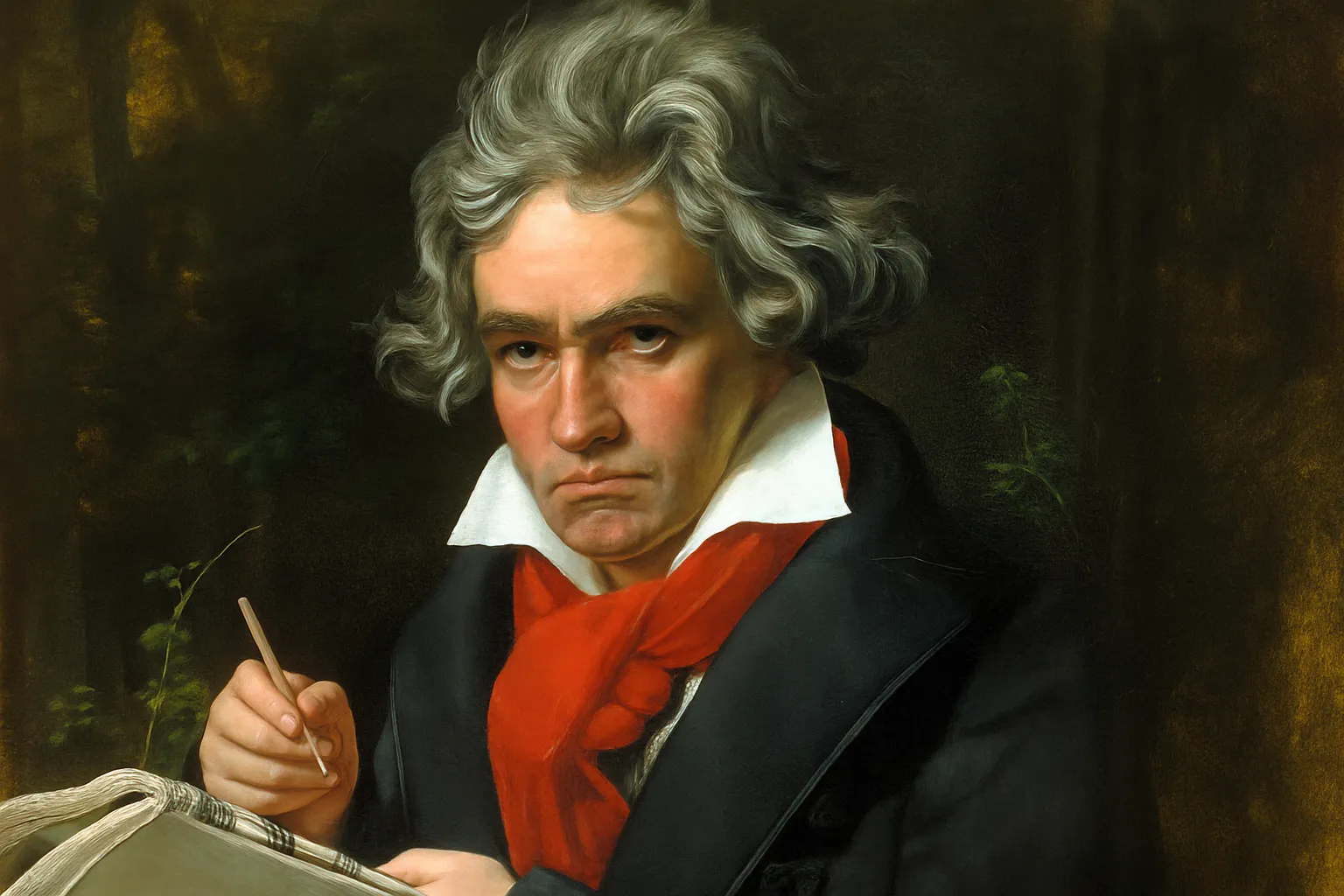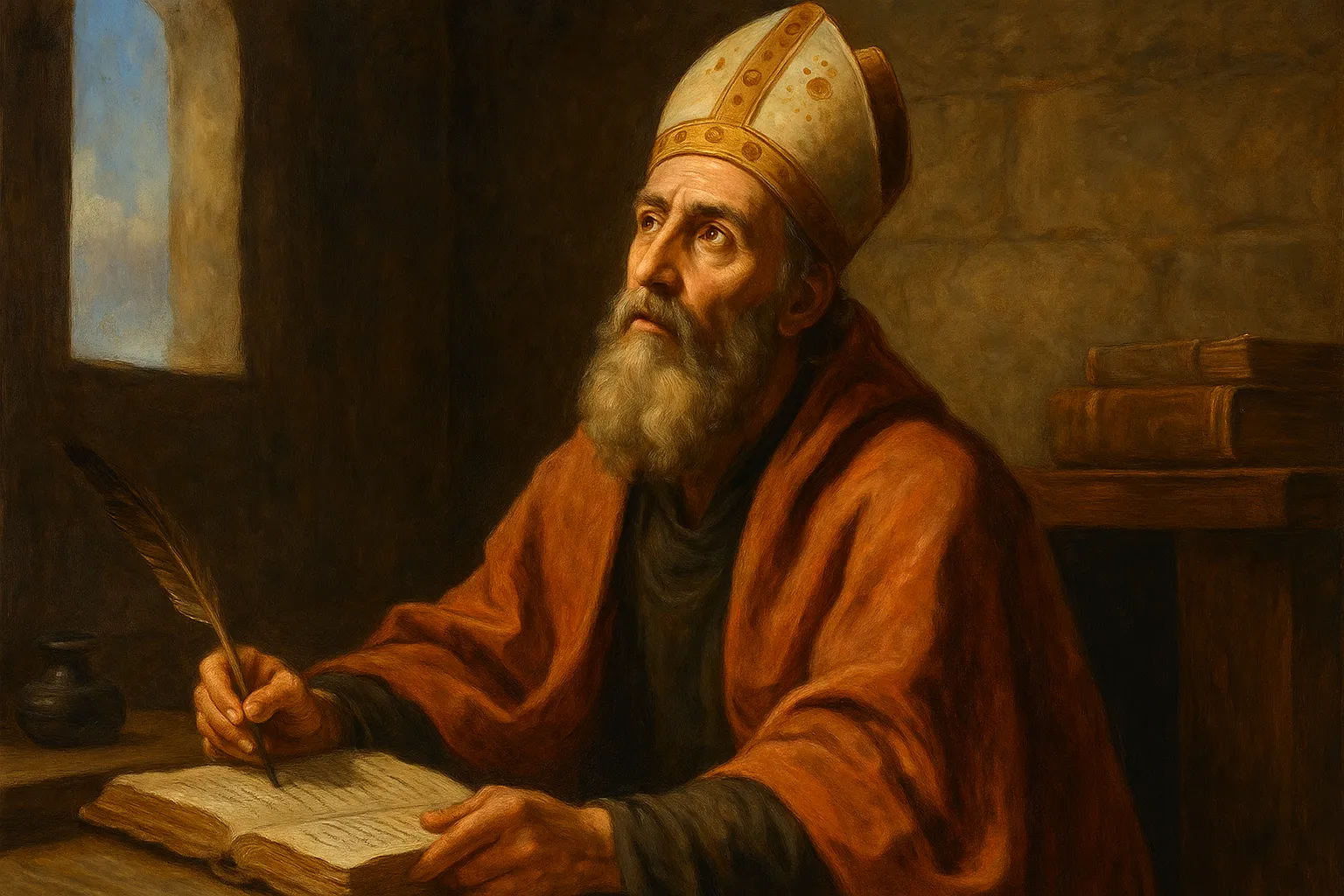Biography of Isabella I of Castile: The Queen Who Forged Modern Spain
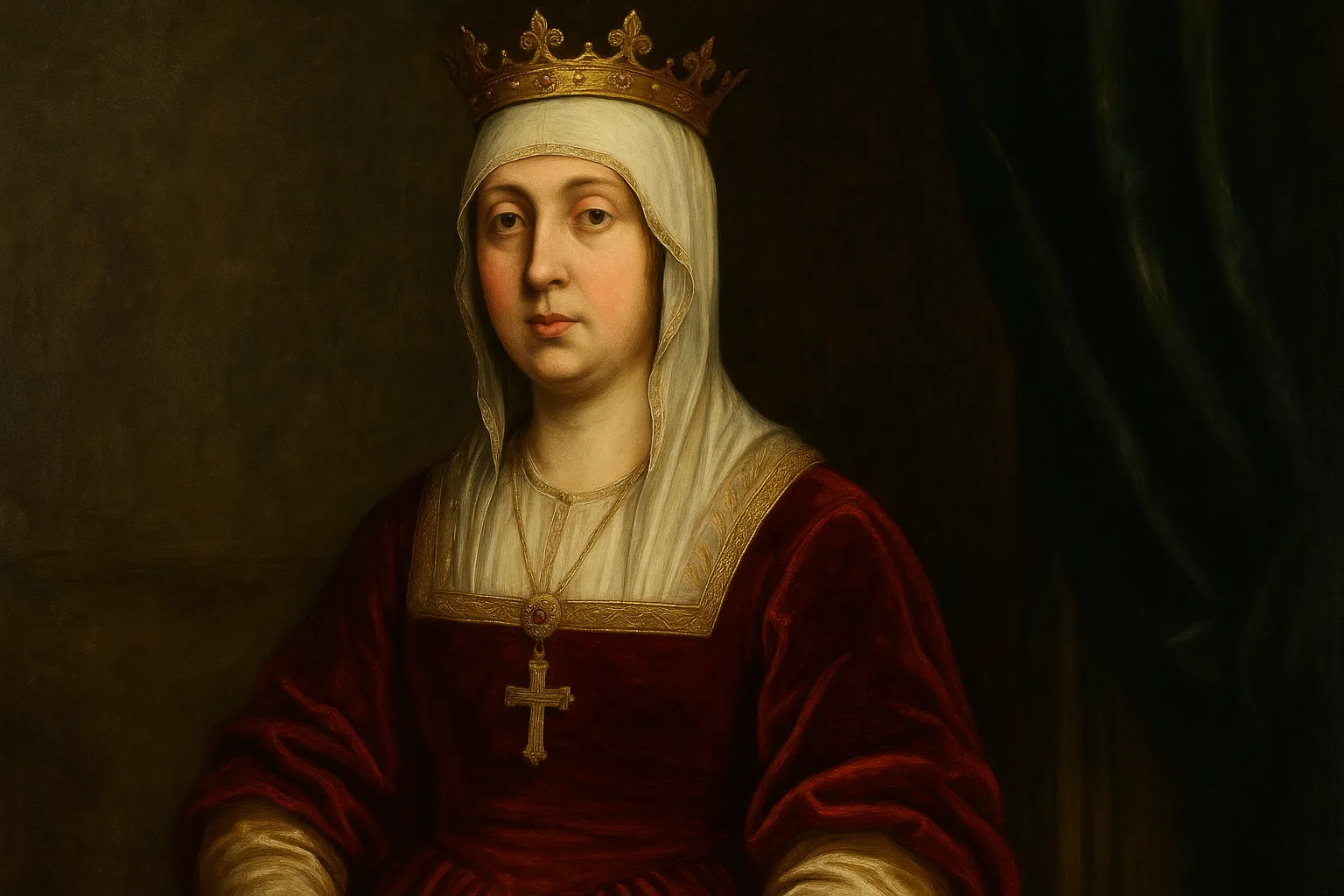
Few figures have shaped a nation’s destiny as profoundly as Isabella I of Castile, known as Isabella the Catholic. Her reign marked the end of the Middle Ages in Spain and the beginning of a new political, religious, and cultural order that would define Spanish and global history for centuries. From her complex rise to power to her role in unifying the Iberian kingdoms, expelling the Jews, conquering Granada, and launching overseas expansion, Isabella’s life is a tapestry of power, faith, diplomacy, and determination.
Origins and Youth
Birth in a Divided Kingdom
Isabella was born on April 22, 1451, in Madrigal de las Altas Torres, in the Kingdom of Castile. The daughter of John II of Castile and Isabella of Portugal, she grew up amid political instability. Her half-brother, Henry IV, occupied the throne, but his reign was plagued by internal disputes, power struggles, and questions about his ability to rule.
From an early age, Isabella witnessed the complex web of alliances, betrayals, and tensions that defined 15th-century Castilian nobility.
Religious and Political Education
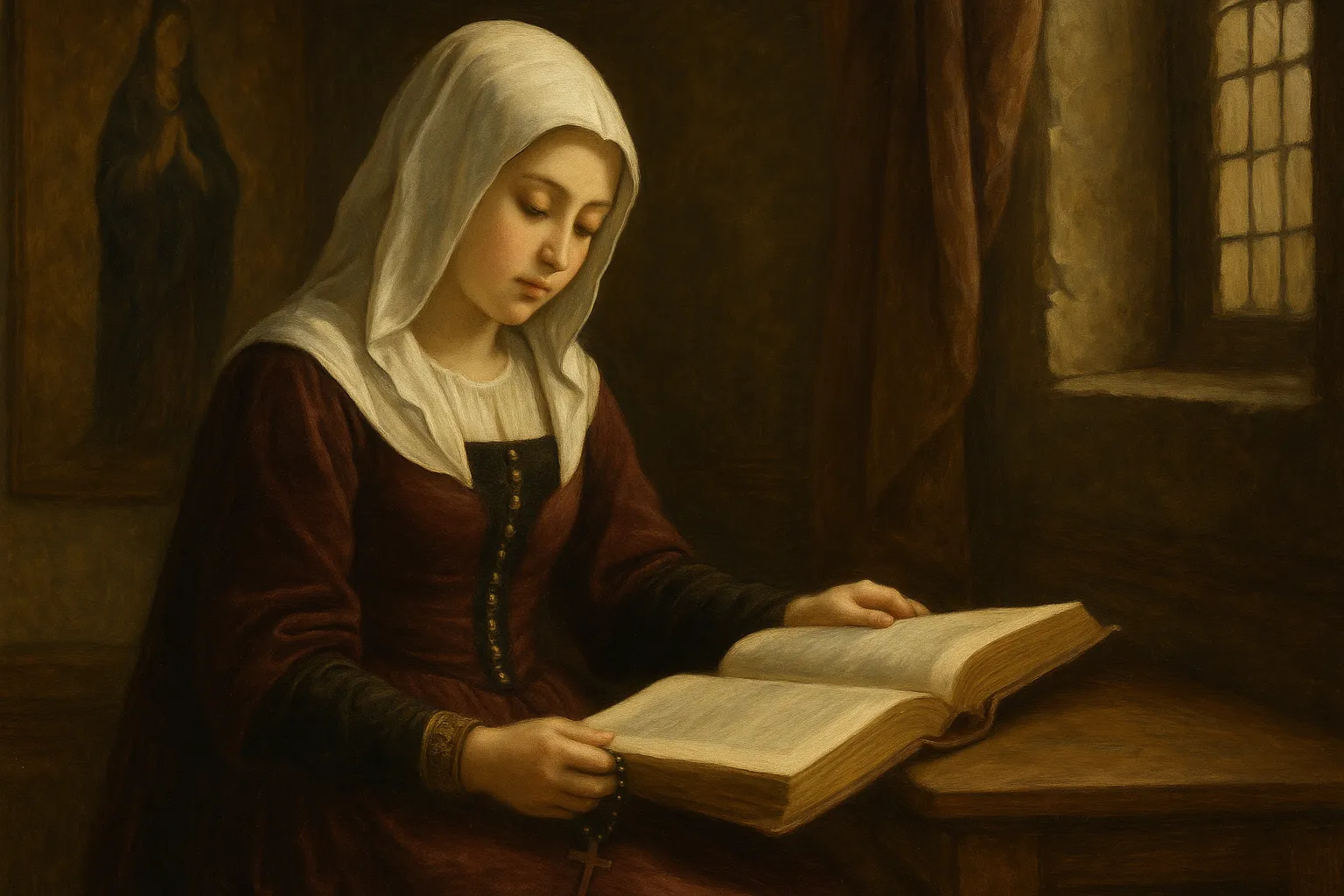
Austere and Pious Upbringing
Unlike other royals, Isabella received a deeply religious education centered on Catholic morals, prayer, chastity, and obedience. She also studied state affairs, diplomacy, and administration.
From a young age, she demonstrated a strong character, political acumen, and firm conviction—traits that would define her reign.
The Succession Conflict
Struggle for the Castilian Throne
Following the death of her brother Alfonso in 1468, Isabella became the leading candidate for succession. However, her half-brother Henry IV wanted his daughter, Juana la Beltraneja, to inherit the throne, sparking a deep division in Castile.
In 1468, Isabella signed the Treaty of the Bulls of Guisando with Henry, where she was recognized as heir, though tensions quickly resurfaced over future marriage choices.
Marriage to Ferdinand of Aragon
The Pivotal Dynastic Union
Against Henry IV’s wishes, Isabella secretly married Ferdinand of Aragon in 1469. This dynastic union would prove decisive for the Iberian Peninsula’s future.
Although they initially ruled separate kingdoms, the joint reign of Isabella and Ferdinand laid the foundation for Spain’s eventual unification under a single monarchy.
The Castilian Succession War
Clash with Juana la Beltraneja
Upon Henry IV’s death in 1474, Isabella was proclaimed Queen of Castile. However, supporters of Juana la Beltraneja, backed by Portugal, contested her legitimacy, triggering the Castilian Succession War (1475–1479).
Isabella’s victory, sealed by the Treaty of Alcáçovas, secured her absolute rule over Castile and reinforced the alliance with Aragon, consolidating the Spanish monarchy.
Internal Reforms: Strengthening the State
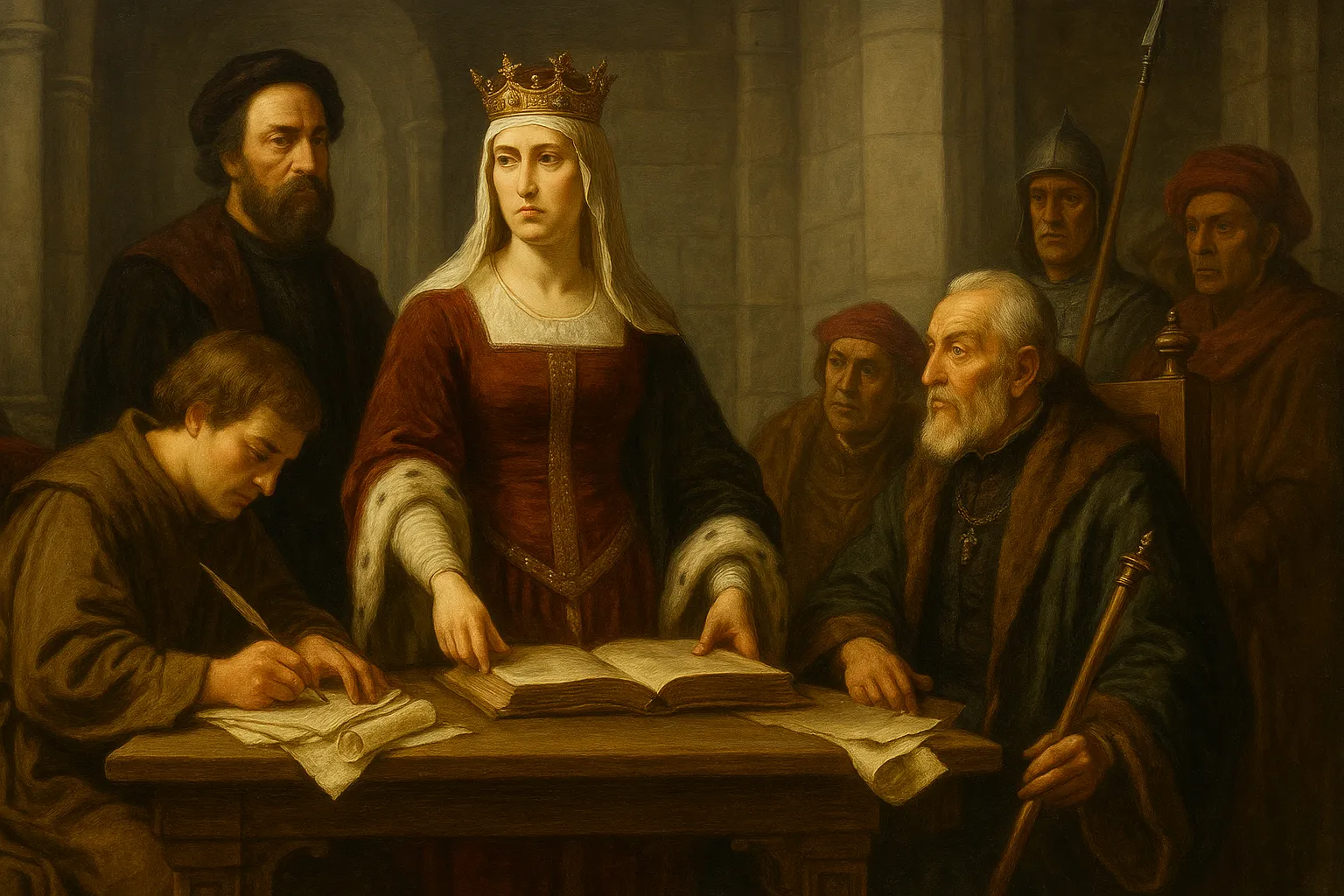
Modernizing Governance
Isabella launched profound reforms to restore royal authority:
- Reorganized the Royal Treasury, improving taxation and financial control.
- Reinforced Royal Justice over feudal lords.
- Strengthened the Santa Hermandad as a police force.
- Asserted monarchical power over the nobility.
These reforms created a centralized, efficient state—an early model of European absolute monarchy.
Unity Through Faith
The Inquisition and Religious Intolerance
Isabella believed religious unity was key to political stability. In 1478, she and Ferdinand obtained papal approval to establish the Spanish Inquisition, initially targeting converted Jews suspected of secretly practicing Judaism.
Religious intolerance culminated in 1492 with the Edict of Granada, expelling Jews who refused to convert. This act had lasting social, economic, and cultural repercussions.
The Conquest of Granada
Completing the Reconquista
The most iconic military achievement of Isabella’s reign was ending the Reconquista by conquering the Kingdom of Granada, the last Muslim stronghold in Iberia. After ten years of campaigns, Boabdil surrendered in January 1492, unifying Spain under Christian rule.
The fall of Granada elevated the Catholic Monarchs’ prestige as defenders of the faith and national unity.
The Discovery of America
Launching Global Expansion
In the same pivotal year, Isabella made one of history’s most consequential decisions by backing Christopher Columbus in his quest to find a westward route to Asia.
The discovery of the Americas in 1492 opened the door to Spain’s colonial expansion and the creation of a vast global empire, transforming global political and economic dynamics.
Cultural and Educational Legacy
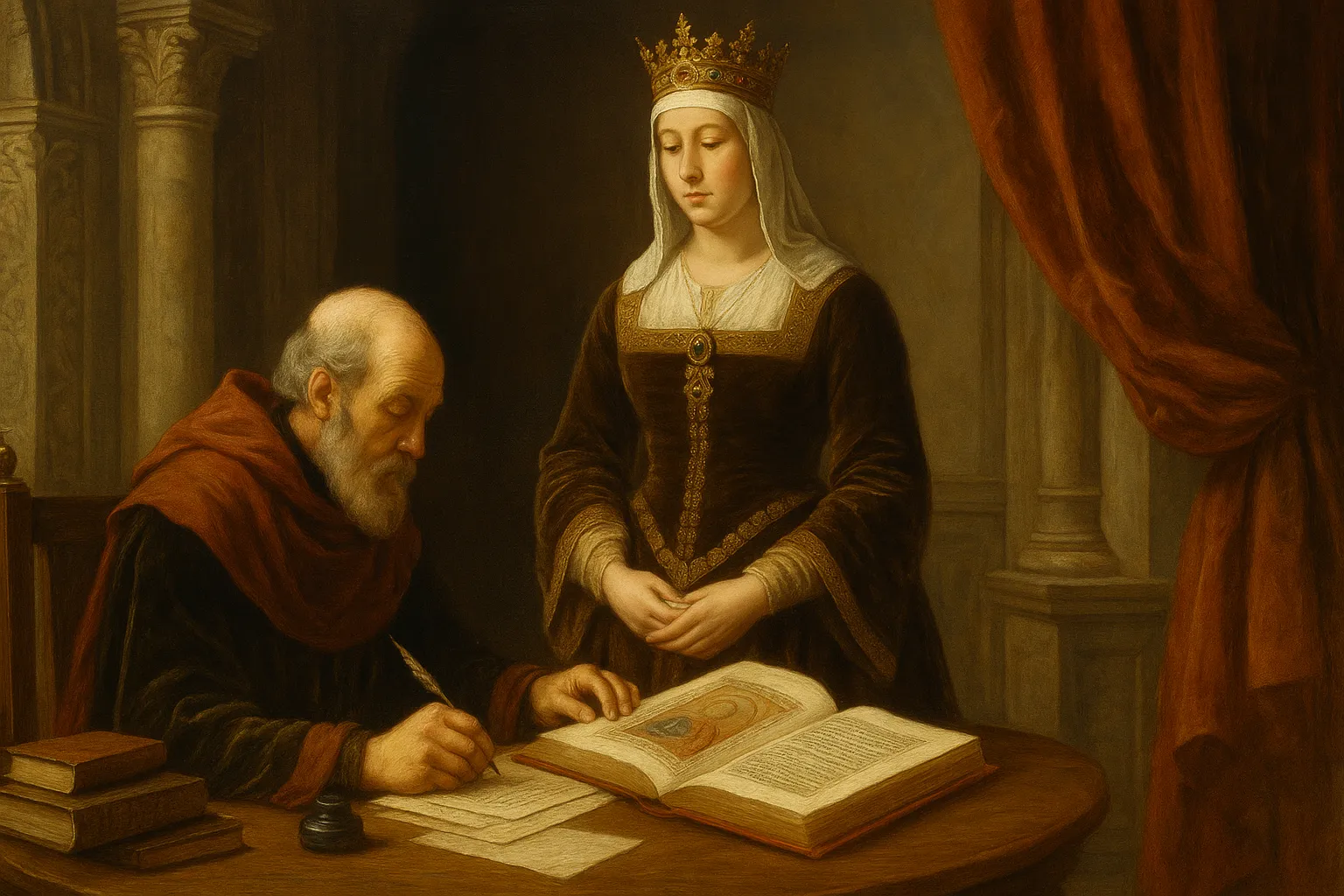
Patronage and Humanism
Isabella championed the Renaissance in Castile, supporting universities, religious foundations, manuscript production, and printing presses. She promoted the education of noblewomen and personally supervised her daughters’ education, many of whom would marry into European royal families.
Her partnership with Cardinal Francisco Jiménez de Cisneros led to clergy reforms and the creation of the Complutensian Polyglot Bible.
Isabella’s Children: Expanding Spanish Influence
Strategic Marital Alliances
The marriages of Isabella and Ferdinand’s children forged a powerful international alliance network:
- Isabella of Aragon married the King of Portugal.
- Joanna (the Mad) married Philip the Handsome, heir to the Habsburg dynasty.
- Catherine of Aragon married Prince Arthur of England and later his brother Henry VIII.
These unions had profound consequences for European politics in subsequent centuries.
Death and Testament
The Queen’s Farewell
Isabella died on November 26, 1504, in Medina del Campo. Her will reflects her devotion to faith, justice, and monarchy. She named her daughter Joanna as heir, with Ferdinand as regent—a succession that would soon face dynastic turmoil.
Her death marked the end of an era of reform and conquest, but her legacy endured through her successors and Spain’s imperial rise.
Critical Assessment of Her Reign
Light and Shadow of a Great Monarch
Historians continue to debate Isabella’s complex legacy:
- Her role in consolidating the modern Spanish state is undeniable.
- Her support for the Inquisition and expulsion of Jews represents a dark chapter.
- Her expansionist vision launched Spain’s global dominance, with both glory and controversy.
Despite contradictions, she is widely recognized as one of the most influential figures in Spanish history.
Historical Legacy
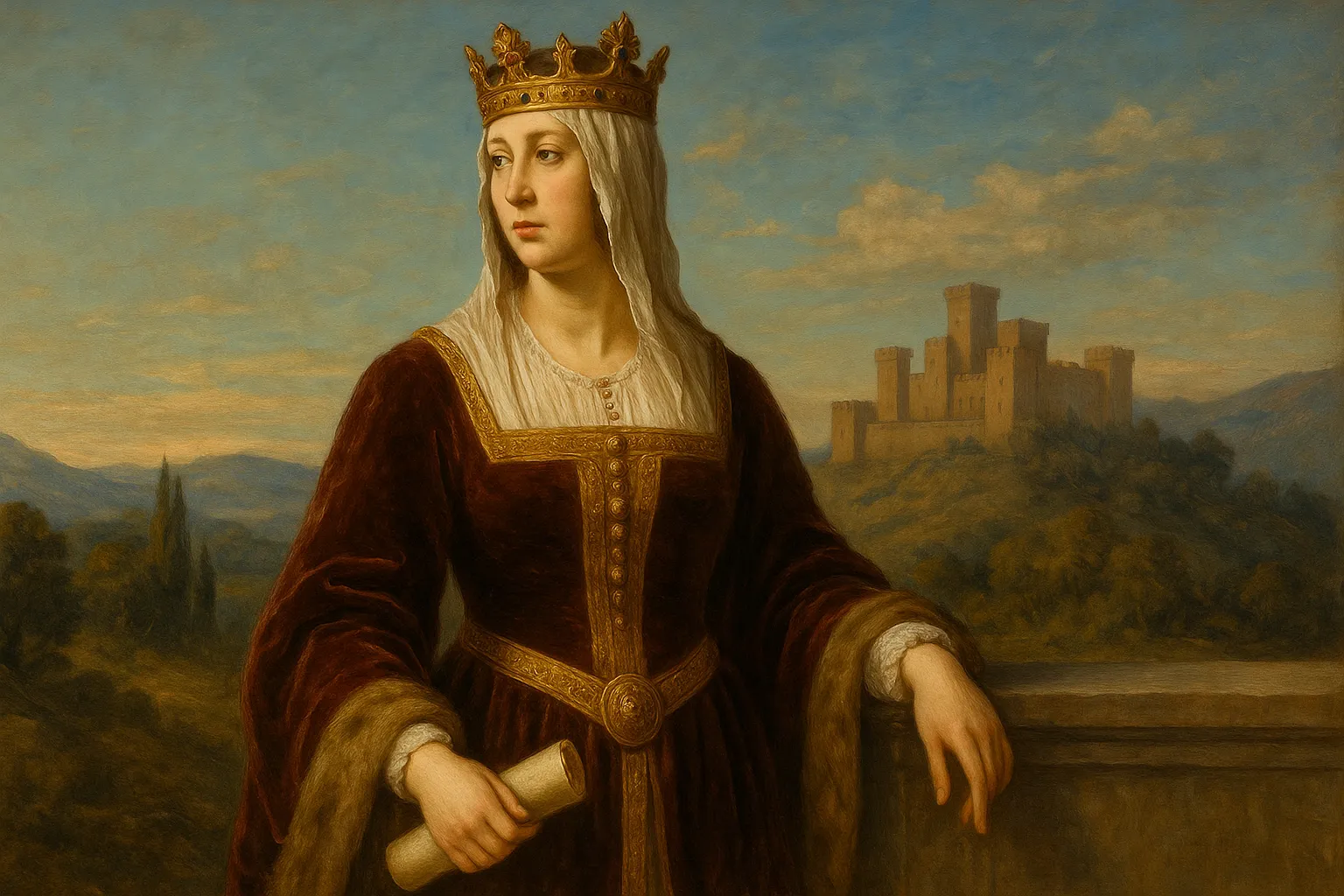
Mother of Modern Spain
Isabella’s impact continues to resonate:
- Political unification of Castile and Aragon.
- Foundation of authoritarian monarchy models.
- Promotion of Renaissance culture and humanism.
- Initiation of global Spanish expansion.
Her political acumen, strength of character, and strategic vision made her one of history’s most powerful female rulers.
The life of Isabella the Catholic is the story of an extraordinary woman who navigated a male-dominated world, asserting her authority with intelligence, faith, and conviction.
Her reign profoundly transformed Spain, ushering in the dawn of the Modern Age. Both admired and criticized, her figure remains a subject of global historical study, reflection, and fascination. Isabella was not only a great queen—she was a master architect of modern Spain.

